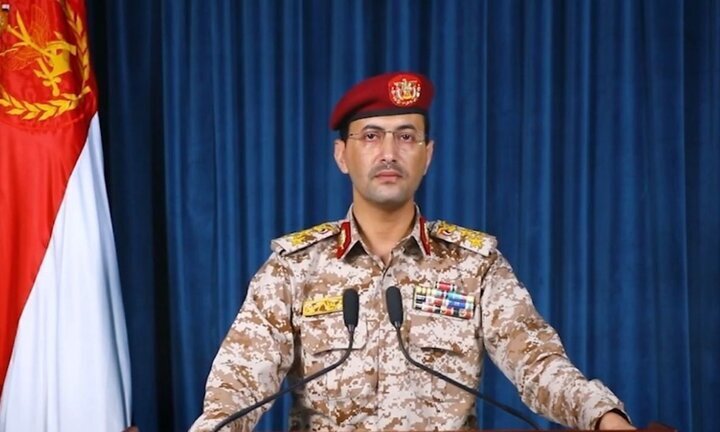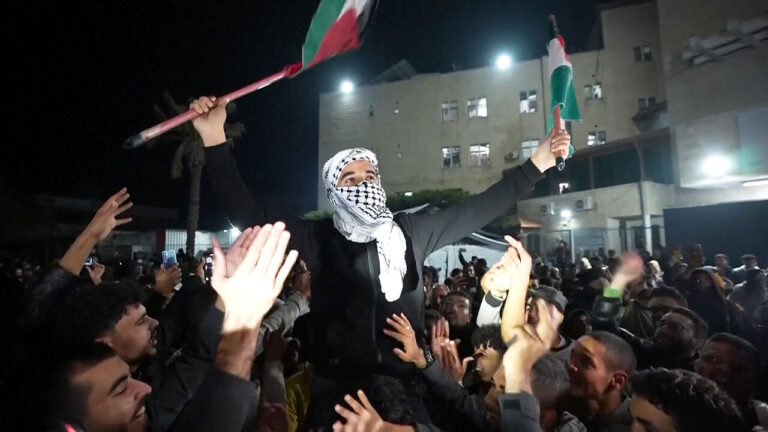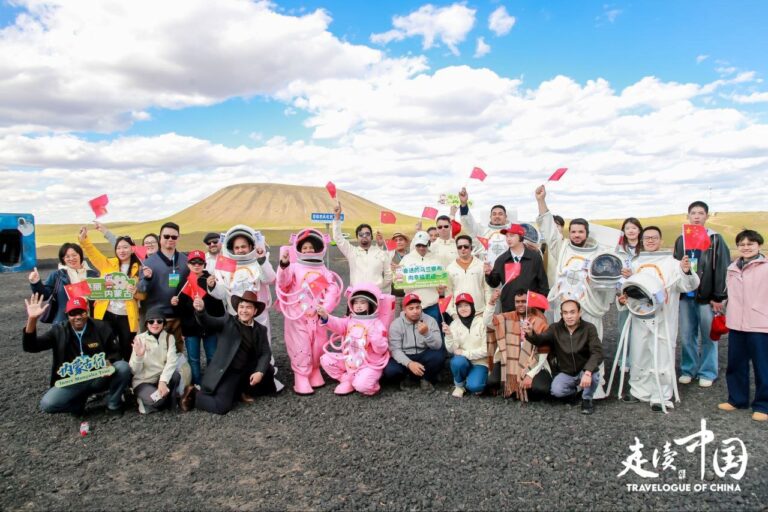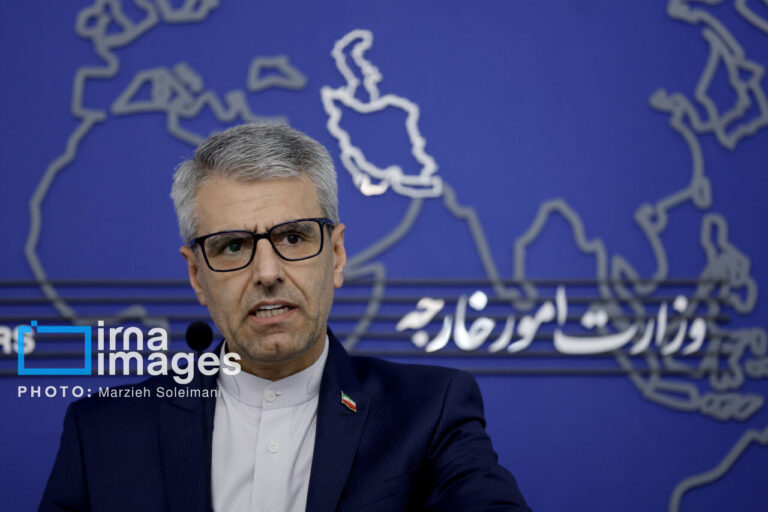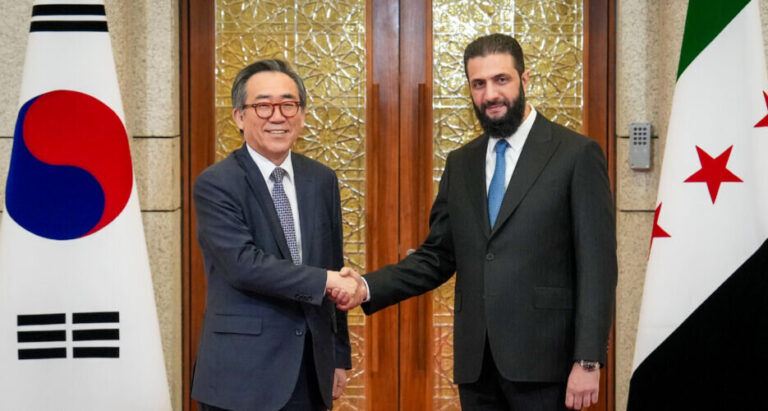Yemen Launches Cruise Missile and Drone Assault on US Warship: Escalating Tensions in the Region
The ongoing conflict in Yemen has recently escalated, with the Yemeni Armed Forces (YAF) engaging in significant confrontations with the American aircraft carrier USS Harry S. Truman. Over the past 24 hours, these clashes have highlighted the intense situation in the Red Sea, emphasizing the Yemeni forces’ determination to defend their sovereignty and support for Palestine.
On Sunday morning, Yahya Saree, the spokesman for the Yemeni Armed Forces, issued a statement detailing these confrontations. He emphasized that Yemen is actively resisting the perceived American aggression, which has been ongoing for three weeks. Key points from his statement include:
- Engagements with USS Harry S. Truman: Yemeni forces have clashed with the USS Harry S. Truman and its accompanying warships three times within a short period.
- Commitment to Defense: Saree affirmed that Yemeni forces will continue to expand their defensive operations in response to ongoing tensions.
- Support for Palestine: The Yemeni Armed Forces have pledged unwavering support for the oppressed Palestinian people and their struggle against Israeli occupation.
Saree stated, “With the help of God Almighty, our forces are responsibly and effectively confronting the ongoing American aggression against our country, Yemen, for the third consecutive week.” This declaration underscores the Yemeni resolve to resist external military presence in their region.
Furthermore, Saree declared, “We will never retreat from supporting and advocating for the oppressed Palestinian people until the aggression stops and the siege on the Gaza Strip is lifted.” This strong stance resonates with many Yemenis who have openly shown their solidarity with Palestine, particularly since the escalation of violence in Gaza.
The conflict in Gaza intensified significantly after October 7, when Palestinian resistance movements launched a surprise retaliatory attack, named Operation Al-Aqsa Storm. This operation was a direct response to ongoing Israeli occupation and military actions in Palestinian territories, triggering widespread protests and solidarity movements across the region, including in Yemen.
In this context, the Yemeni population has rallied behind the Palestinian cause, viewing it as a fundamental struggle against oppression. As the situation in Gaza continues to unfold, the Yemeni Armed Forces’ engagement in the Red Sea serves as a critical reminder of the regional tensions and the complexities of international military interventions.
Yemen’s support for Palestine is not a recent development; it has historical roots that stem from shared experiences of conflict and resistance against perceived colonial and imperial forces. The Yemeni people have consistently expressed their discontent with foreign interventions in their affairs while advocating for justice and self-determination for all oppressed peoples.
These recent clashes in the Red Sea are indicative of a broader narrative in the region, where local forces are increasingly asserting their autonomy against foreign military presence. As tensions rise, the international community watches closely, aware that the repercussions of these confrontations could have far-reaching implications for regional stability.
In conclusion, the Yemeni Armed Forces’ assertive stance against the USS Harry S. Truman and their unwavering support for Palestine highlight the interconnected nature of current conflicts in the Middle East. As both Yemen and Palestine face challenges from powerful adversaries, their struggles for sovereignty and justice continue to resonate across borders, inspiring solidarity and resistance among their populations.
As the situation develops, it will be crucial to monitor how these dynamics evolve and the potential for further military engagements in the Red Sea and beyond. The commitment of Yemeni forces to their defensive operations raises questions about future confrontations and the role of international military assets in the region.
